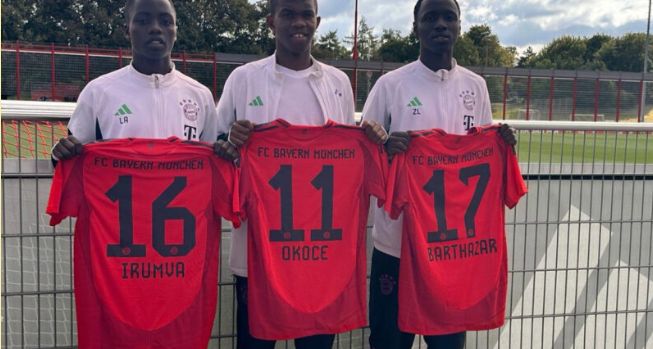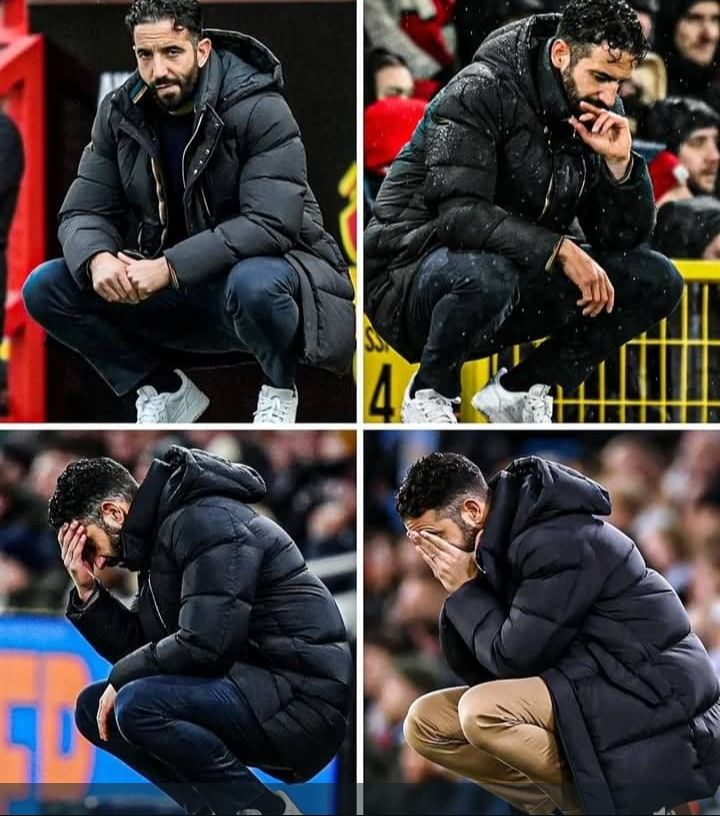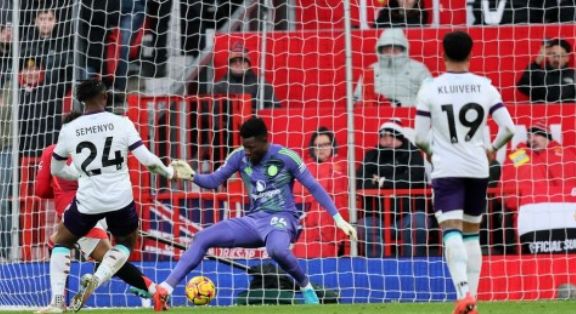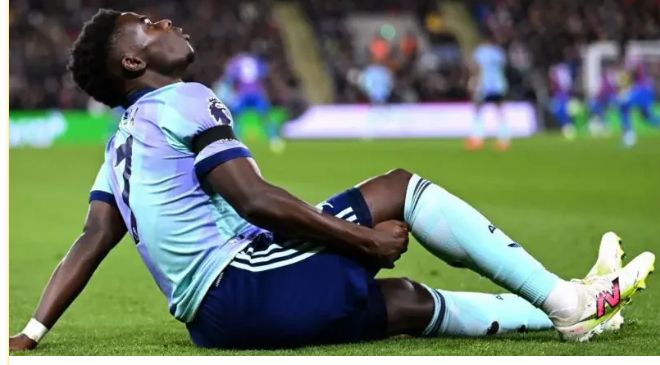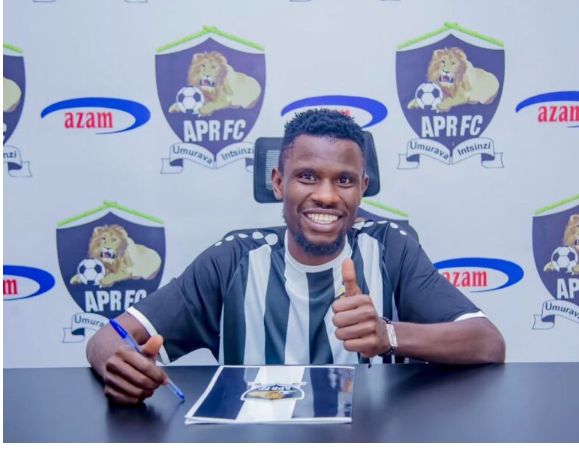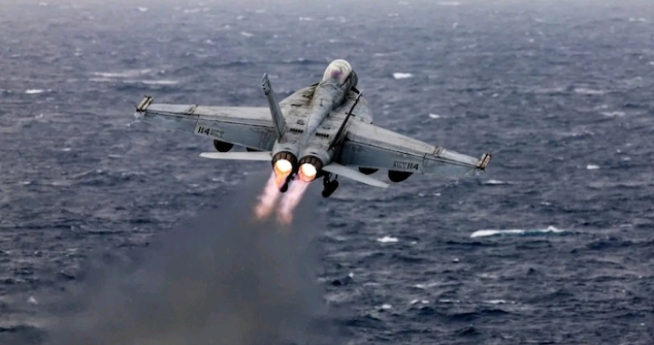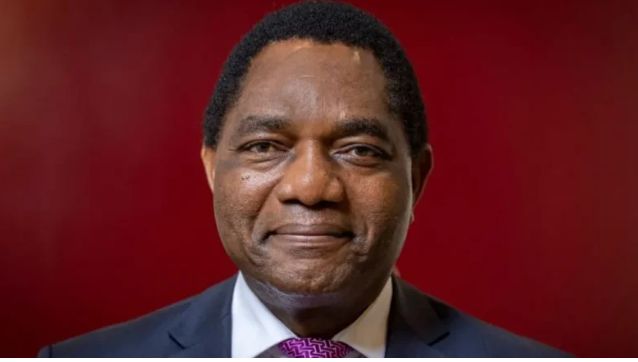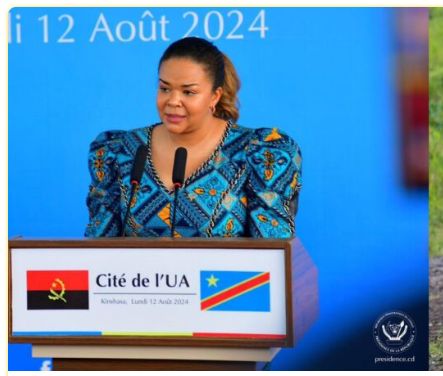
The government of the Democratic Republic of Congo has called on the United Nations to impose severe sanctions on the M23 rebel group and the Rwandan military after they continued to ignore the cease fire agreement and withdraw their troops from the east of the country.
In a letter dated December 17, 2024, addressed to the United Nations Security Council, the DRC’s Minister of Foreign Affairs, Thérèse Kayikwamba, called for the RDF and the M23 to be severely punished and for the extension of the MONUSCO military mission aimed at protecting the population and maintaining peace in the Great Lakes region.
The Kinshasa government titled the letter: “The time for talk is over. Concrete action is needed.” In this letter, the DRC clearly condemns Rwanda’s inappropriate behavior, which continues to prevent the peace agreement from being signed.
Instead, it seems that Rwanda is happy for direct negotiations between the DRC and the M23 rebels, which is impossible because no country would dare to go to the negotiating table with a rebel group.
All these actions by the Kigali government, as reflected in the letter, the DRC confirms, undermine the progress made in the Luanda process, in particular the cessation of hostilities established in August, the Ad Hoc Verification Mechanism launched in Goma in November, and the agreement to weaken the Rwandan army and completely destroy the FDLR group signed on November 25.
The DRC accuses the M23 movement, which it claims is supported by the Kigali government, of violating international humanitarian law and humanitarian aid and of attacks on the positions of the United Nations peacekeeping troops in the country, known as the Blue Helmets Troops.
[The reason they are called that is because the troops serving in any United Nations peacekeeping mission around the world must wear helmets or bulletproof helmets that are blue as a symbol of the international identity of these troops; that is why they are called the Blue Helmets Troops] These attacks by the M23 group on these UN forces have reportedly caused thousands of people to flee their homes, and the number of civilian deaths continues to rise, especially in the east of the country.
The letter further emphasizes that in order to prevent the problem of insecurity and war from escalating, the DRC calls on the Security Council to impose international sanctions on senior Rwandan military leaders [RDF] and members of the M23 rebel group, including issuing arrest warrants for them.
It also requests continued support in terms of equipment and military support for MONUSCO’s mission, which is responsible for monitoring and vigorously combating cross-border violence that the DRC claims is being perpetrated by Rwanda and protecting the population in general.
The DRC government also concluded by informing the committee that it regretted that the meeting that was supposed to bring together the heads of state of these countries in Angola did not take place and stated that the main reason for its failure was due to what it said were the obstacles imposed by the government of Rwanda.



